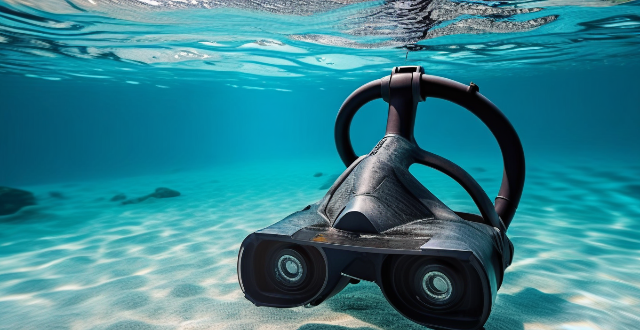Choosing the right scuba gear is essential for a safe and enjoyable diving experience. Consider your needs, budget, water conditions, and dive type when selecting equipment. Key components include wetsuits or drysuits, regulators with backup octopus, buoyancy control devices, fins, masks, snorkels, dive computers, and other accessories. Try on gear before purchase, maintain it properly, and prioritize quality for your safety and enjoyment underwater.

Choosing the Right Scuba Gear for You
Scuba diving is an exhilarating experience that allows you to explore the underwater world. However, choosing the right scuba gear can be overwhelming, especially if you're a beginner. In this guide, we'll discuss the essential factors to consider when selecting your scuba equipment.
1. Determine Your Needs and Budget
Before diving into the details of scuba gear, it's crucial to identify your needs and budget. Ask yourself:
- What kind of diving will you be doing (e.g., recreational, technical, cold water, warm water)?
- How often will you be using the gear?
- What is your budget for purchasing or renting equipment?
2. Selecting the Right Scuba Gear
a\. Wetsuit or Drysuit
The type of suit you choose depends on the water temperature and conditions you'll be diving in:
- Wetsuit: Suitable for warmer waters, providing thermal protection through a thin layer of water between your skin and the suit.
- Drysuit: Ideal for colder waters, as it creates a dry barrier between you and the water.
b\. Regulator and Octopus
A regulator allows you to breathe air from your tank, while an octopus serves as a backup breathing source:
- Regulator: Look for reliability, ease of breathing, and compatibility with your tank valve.
- Octopus: Ensure it has a distinct color or design from your primary regulator for quick identification.
c\. Buoyancy Control Device (BCD)
Your BCD helps you maintain neutral buoyancy underwater:
- Choose a comfortable, adjustable BCD that fits your body type and diving style.
d\. Fins, Mask, and Snorkel
These essential items contribute to your comfort and safety while diving:
- Fins: Select fins based on your foot size and the type of diving you'll be doing.
- Mask: A well-fitted mask is crucial for clear vision and comfort. Test different masks for a good seal and fit.
- Snorkel: While not always necessary for scuba diving, a snorkel can be useful during surface intervals or in case of an emergency.
e\. Dive Computer and Other Accessories
A dive computer helps monitor your dive profile, including depth, time, and nitrogen levels:
- Invest in a reliable dive computer suitable for your level of diving experience.
- Consider additional accessories like a dive knife, signaling device, or underwater camera based on your preferences and needs.
3. Try Before You Buy
Whenever possible, try on the gear before purchasing or renting:
- Visit a reputable dive shop where professionals can assist you in finding the right gear.
- Test the fit and comfort of each item, ensuring they work together as a complete system.
4. Maintenance and Care
Proper maintenance extends the life of your scuba gear:
- Rinse all equipment with freshwater after each use.
- Inspect your gear regularly for any signs of damage or wear.
- Follow the manufacturer's instructions for care and maintenance.
By considering these factors and taking the time to select the right scuba gear for your needs, you'll ensure a safe and enjoyable diving experience. Remember, investing in quality equipment is crucial for both your safety and enjoyment underwater.